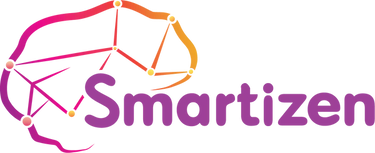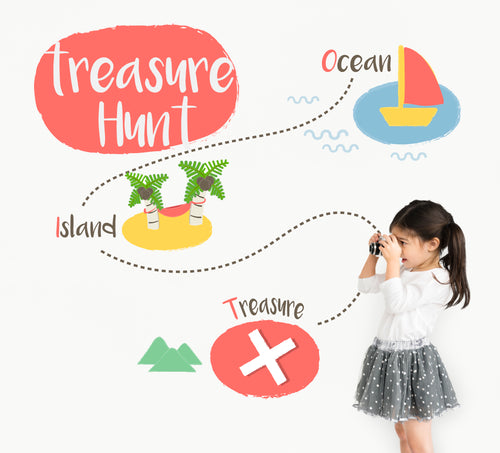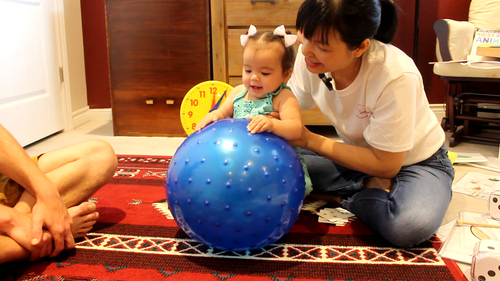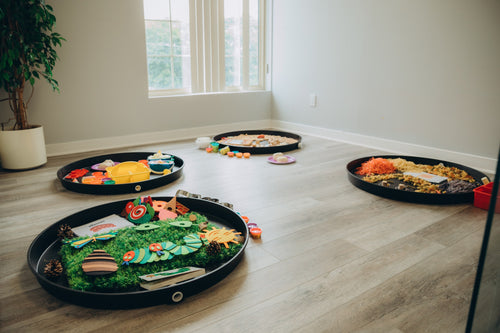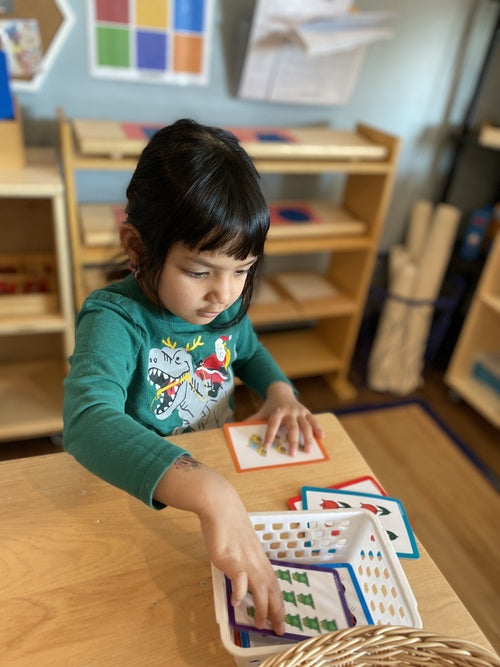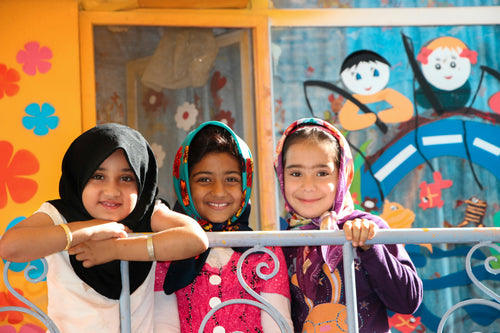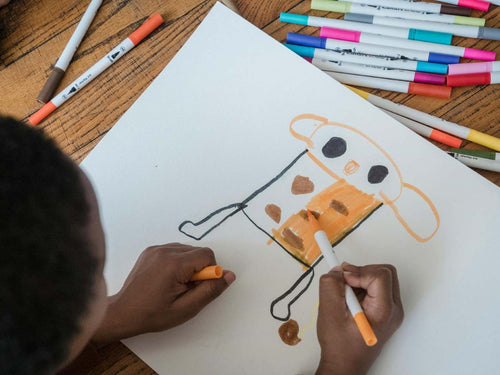Early childhood is a critical phase in a child's development, where the foundation for lifelong learning, behavior, and health is built. As parents, we often find ourselves grappling with numerous decisions, one of which is selecting the right early childhood education programs. With various options available, each with unique philosophies and teaching methods, understanding the different types of early childhood education programs becomes essential. This article delves into the most common types and helps you determine which program suits your child best.
Why Early Childhood Education Matters
Before diving into specific types of early childhood education programs, it's essential to understand why early education is critical. Research shows that high-quality early education contributes to better cognitive, social, and emotional development in children. It also leads to higher academic achievements later in life and even improved long-term well-being. Whether through structured learning or play-based approaches, early education equips children with foundational skills and fosters a love for learning.
Learn more about Smartizen early childhood education approachs.

Most Popular Early Childhood Education Programs
Below are some of the most popular early childhood education programs, each offering unique teaching methods and philosophies. Understanding these approaches can help you choose the one that best suits your child's needs and learning style.
1. Montessori Method
The Montessori approach is one of the most well-known types of early childhood education programs. It is based on self-directed activity, hands-on learning, and collaborative play. In Montessori classrooms, children make creative choices in their learning, while the teacher guides the process.
Advantages of the Montessori Method:
- Independence:Children develop autonomy by choosing their activities.
- Individualized Learning:Each child progresses at their own pace, which caters to varying abilities and interests.
- Hands-on Learning:Montessori uses specially designed materials that facilitate practical, sensory-based learning.
Is Montessori Right for Your Child? If your child enjoys exploring independently and is curious about the world, Montessori might be a great fit. It is especially beneficial for kids who thrive in less structured environments and like to take the initiative in their learning process.
2. Reggio Emilia Approach
The Reggio Emilia approach is a child-centered philosophy that originated in Italy. This method emphasizes the importance of community and self-expression, where children are seen as capable of constructing their own learning experiences. Teachers in Reggio Emilia schools collaborate closely with children and families to foster curiosity and exploration.
Advantages of the Reggio Emilia Approach:
- Focus on Creativity:Children express themselves through art, music, and play.
- Community Involvement:Parents and families are actively involved in the learning process.
- Project-Based Learning:Lessons are based on the child’s interests, often in the form of long-term projects.
Is Reggio Emilia Right for Your Child? If your child is naturally curious, enjoys working on collaborative projects, and thrives in a social environment, the Reggio Emilia approach may be ideal. This program is also perfect for families who want to be more engaged in their child’s education.
3. Waldorf Education
Waldorf education, founded by Rudolf Steiner, focuses on holistic development—nurturing the mind, body, and spirit of the child. The curriculum balances academic, artistic, and practical activities, aiming to create well-rounded individuals. Waldorf programs emphasize imagination, storytelling, and play in the early years, and there is a strong focus on nature and creativity.
Advantages of Waldorf Education:
- Creativity and Imagination:Waldorf schools encourage children to engage in imaginative play and arts.
- Strong Sense of Community:Waldorf classrooms foster relationships between students, teachers, and parents.
- Natural Learning:Waldorf promotes learning through natural materials and experiences.
Is Waldorf Right for Your Child? Waldorf is an excellent option if you want an education that emphasizes creativity, imaginative play, and holistic development. It is especially suitable for children who enjoy storytelling, arts, and hands-on activities.
4. Play-Based Learning
Play-based learning is centered around the idea that children learn best through play. This approach encourages exploration, imagination, and experimentation. While there is a structure in the learning process, much of it happens organically through child-directed play. Teachers act as facilitators, guiding children as they engage in various playful activities.
Advantages of Play-Based Learning:
- Development of Social Skills:Children learn to share, cooperate, and resolve conflicts.
- Fosters Creativity and Critical Thinking:Play encourages children to use their imagination, solve problems, and experiment with new ideas.
- Low-Stress Learning Environment:This approach reduces pressure and allows children to enjoy the learning process.
Is Play-Based Learning Right for Your Child? Play-based learning is ideal for children who are naturally curious and love to engage in pretend play. It’s also great for kids who might need a more relaxed learning environment, where they can explore and learn at their own pace.
Learn more about Smartizen programs overview here.
5. Traditional Preschool Programs
Traditional preschool programs are more structured and focus on preparing children for kindergarten. These programs often involve teacher-directed activities and lessons on numbers, letters, and other early academic concepts. Traditional preschools may vary in their approach but generally emphasize cognitive skills, social development, and school readiness.
Advantages of Traditional Preschool Programs:
- Focus on Academic Skills:Children are taught the basics of reading, writing, math, and science.
- Preparation for School:Traditional preschools help children develop the skills they need to succeed in a formal school setting.
- Structured Learning Environment:For children who benefit from routine and structure, this approach provides a consistent framework.
Is a Traditional Preschool Program Right for Your Child? If your child thrives in structured environments and you want them to have a strong academic foundation before starting kindergarten, a traditional preschool may be the best option.
6. Dual-Language or Immersion Programs
Dual-language or immersion programs introduce children to a second language at a young age. This type of early childhood education program is designed to teach children fluency in two languages through regular instruction in both languages. In addition to cognitive benefits, research shows that bilingualism enhances problem-solving skills and creativity.
Advantages of Dual-Language Programs:
- Language Skills:Children gain proficiency in two languages, a valuable skill in an increasingly globalized world.
- Cognitive Development:Bilingual children often perform better in tasks that require multitasking and problem-solving.
- Cultural Awareness:Exposure to different languages and cultures promotes tolerance and empathy.
Is a Dual-Language Program Right for Your Child? If you want your child to become bilingual or have an interest in different cultures, a dual-language program is an excellent choice. It’s also beneficial if you’re raising your child in a multilingual household.

How to Choose the Right Early Childhood Education Programs for Your Child
Now that you’re familiar with the various types of early childhood education programs, how do you decide which one is best for your child? Consider these factors:
- Your Child’s Personality:Some children thrive in structured environments, while others need more freedom to explore. Think about your child’s temperament and learning style.
- Your Educational Goals:Do you prioritize academic preparation, creativity, or holistic development? Your family’s values and educational philosophy should align with the program you choose.
- The Learning Environment:Visit different schools and observe how children and teachers interact. Consider whether the environment feels nurturing, engaging, and safe for your child.
- Involvement in Learning:Some programs, like Reggio Emilia, encourage a high level of parental involvement. Decide whether this is something you’re comfortable with.
- Practical Considerations:Don’t forget to factor in location, cost, and the school’s schedule when making your decision.
Smartizen's Approach to Early Childhood Education
At Smartizen, we understand that every child is unique and requires a personalized approach to early childhood education. Our program blends the best aspects of Montessori, Reggio Emilia, and play-based learning to create a well-rounded experience for your little one. We also offer foreign languages immersion , giving children the opportunity to develop bilingual or trilingual skills from an early age, setting them up for success in a globalized world.
With a focus on whole-brain development, Smartizen’s approach helps children excel not just academically, but emotionally and socially. Our dedicated teachers are passionate about creating a nurturing and stimulating environment that encourages curiosity, creativity, and independence.
At Smartizen, we offer small class sizes, personalized attention, and a curriculum that adapts to each child’s individual needs. Visit us to see firsthand how our innovative approach can help your child reach their full potential.
Choosing the right early childhood education program is one of the most important decisions you can make as a parent. By understanding the various types of early childhood education programs and considering your child’s unique needs and personality, you can find a program that sets them on the path to success. Whether it’s Montessori, Reggio Emilia, or another approach, investing in early education will have a lasting impact on your child’s development.
And if you’re looking for a balanced, personalized, and innovative early childhood education program, consider Smartizen. We’re committed to helping every child thrive—academically, socially, and emotionally. Book a free trial class with us today to start.
